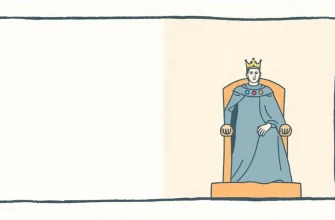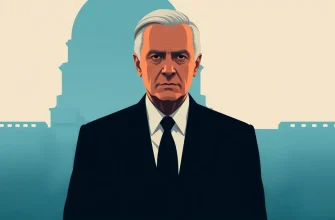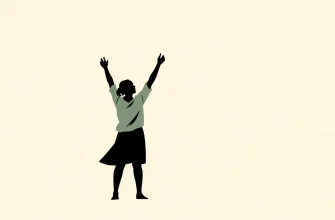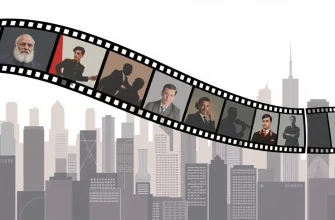Delving into the lives of dictators through film provides a unique lens through which we can examine the complexities of power, ambition, and the human psyche. These biopics not only entertain but also educate, offering a glimpse into the minds of some of history's most controversial figures. Here are ten films that capture the essence of dictatorship, each telling a story of power, control, and often, downfall.

The Great Dictator (1940)
Description: Charlie Chaplin's classic satire on Adolf Hitler, this film uses humor to critique the rise of fascism and the dangers of unchecked power.
Fact: Chaplin wrote, directed, produced, scored, and starred in this film, making it a true labor of love and a bold political statement.
 Watch Now
Watch Now 
The Fall of the Roman Empire (1964)
Description: This epic film, while not strictly about a modern dictator, explores the themes of power, corruption, and the decline of an empire, paralleling many aspects of dictatorship.
Fact: The film was one of the most expensive movies ever made at the time of its release.
 Watch Now
Watch Now 
Good Bye, Lenin! (2003)
Description: While primarily a comedy-drama, this film captures the transition from dictatorship to democracy in East Germany, focusing on the personal and political changes.
Fact: The film was a major commercial success in Germany and received widespread critical acclaim.
 Watch Now
Watch Now 
The Lives of Others (2006)
Description: Set in East Germany, this film portrays the life under the Stasi's surveillance, offering a nuanced look at the oppressive regime and its impact on individuals.
Fact: The film won the Academy Award for Best Foreign Language Film in
 Watch Now
Watch Now 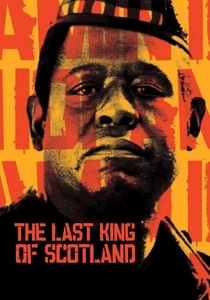
The Last King of Scotland (2006)
Description: This film explores the life of Ugandan dictator Idi Amin through the eyes of a fictional Scottish doctor, offering a chilling portrayal of Amin's rule and the terror he inflicted.
Fact: Forest Whitaker won an Academy Award for Best Actor for his role as Idi Amin. The film was based on a novel by Giles Foden.
 Watch Now
Watch Now 
The Baader Meinhof Complex (2008)
Description: This German film examines the Red Army Faction, a radical left-wing group in West Germany, and their interactions with the authoritarian state, reflecting the broader theme of dictatorship and resistance.
Fact: The film was nominated for the Best Foreign Language Film at the Academy Awards.
 Watch Now
Watch Now 
The Iron Lady (2011)
Description: This biopic of Margaret Thatcher, while not about a dictator, explores the complexities of strong leadership and the personal costs of political power.
Fact: Meryl Streep won an Academy Award for Best Actress for her role as Thatcher.
 Watch Now
Watch Now 
The King's Speech (2010)
Description: Although focusing on King George VI, this film touches on the themes of leadership and the pressures of rule, akin to the burdens of a dictator.
Fact: Colin Firth won an Academy Award for Best Actor for his portrayal of King George VI.
 Watch Now
Watch Now 
The Dictator (2012)
Description: While not a traditional biopic, this satirical comedy by Sacha Baron Cohen provides a humorous take on the life of a fictional dictator, offering a critique on the very nature of dictatorship.
Fact: The film was inspired by real-life dictators like Saddam Hussein and Muammar Gaddafi. Cohen's character, Admiral General Aladeen, is a composite of various dictators' traits.
 Watch Now
Watch Now 
Che (2008)
Description: A biopic about Che Guevara, this film delves into his revolutionary activities, his rise to power, and his eventual downfall, providing insight into the man behind the myth.
Fact: The film was directed by Steven Soderbergh and was initially released in two parts, "The Argentine" and "Guerrilla."
 30 Days Free
30 Days Free 


